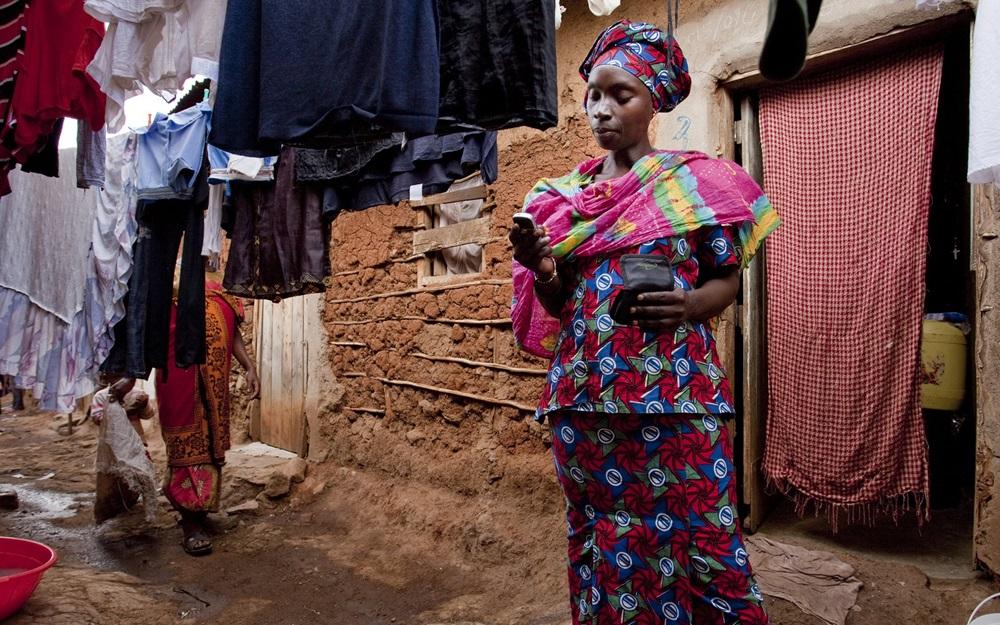M-KOPA has made the list of CNBC’s world’s top fintech companies for 2025, coinciding with the company announcing that it has disbursed over US$2 billion in credit to more than 7 million customers across Africa.
“Reaching the US$2 billion credit milestone and being recognised as one of the world’s top fintechs by CNBC represents a critical inflection point, not just for M-KOPA but for how we think about sustainable growth in emerging markets,” said Jesse Moore, CEO and Co-Founder of M-KOPA.
M-KOPA is one of 300 companies awarded across seven market segments. The Pan-African fintech features amongst 40 companies in the ‘Alternative Financing’ category, recognised as companies providing digital funding and lending solutions.
By combining smartphone-embedded services with its flexible payment model, M-KOPA has achieved what traditional banks couldn’t —sustainably serving the financially excluded and enabling millions to access economic opportunities.
M-KOPA’s devices go beyond conventional smartphones that connect users to the internet; instead, they’re embedded with health insurance, affordable credit, and device protection. Their Smart Money Platform onboards over 200,000 customers per month and processes over 15 payments per second. Using over a decade of payment data and AI-driven analytics, M-KOPA has built detailed credit histories for millions previously excluded from traditional banking systems.
M-KOPA operates Africa’s largest direct sales network of over 35,000 representatives across Kenya, Uganda, Nigeria, Ghana, and South Africa. The company has expanded beyond smartphones into e-motorbike financing, demonstrating the scalability of its approach across the continent.
Recent research reinforces this opportunity: a 2025 World Economic Forum report shows global fintech revenues are forecast to reach US$1.5 trillion by 2030, driven significantly by emerging markets, whilst studies reveal that over 1.4 billion adults worldwide still lack access to basic financial services. This positions M-KOPA and similar innovative fintechs as critical catalysts for economic development, proving that private sector solutions can profitably bridge the financial inclusion gap at scale.



